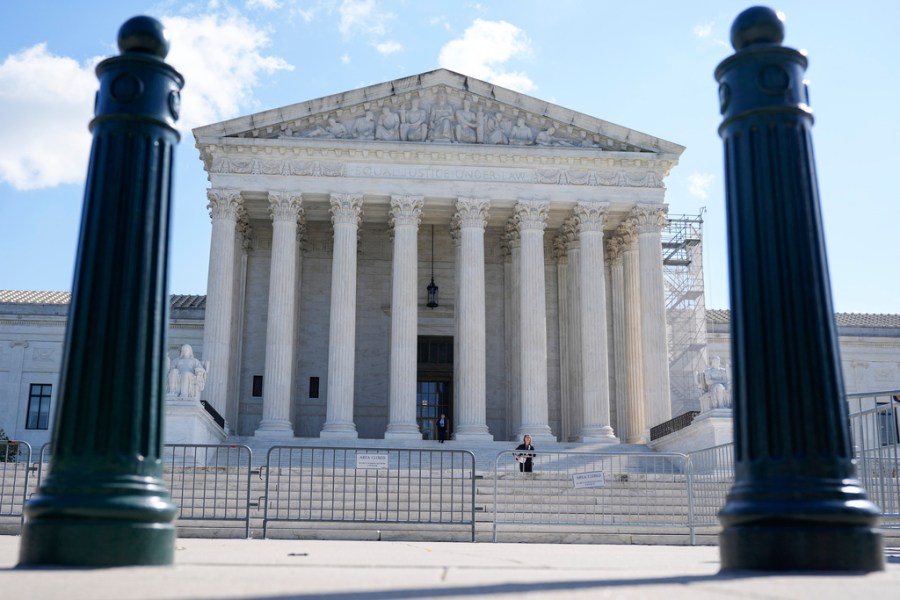
In her final weeks as U.S. solicitor general, Elizabeth Prelogar filed amicus briefs urging the Supreme Court to allow climate lawsuits, particularly one brought by Honolulu, to proceed under state tort law. This stance is ill-advised and inconsistent with the positions taken by past attorneys general, Democrat and Republican alike.
Climate change issues, by Supreme Court precedent, are fundamentally regulated by federal law under the Clean Air and Clean Water acts. Further, leaving a patchwork of state laws to address this issue will only jeopardize energy security. It is imperative for the Supreme Court to grant certiorari in the Honolulu case to ensure this baseless campaign of climate tort litigation does not undermine U.S. energy policy.
Not long ago, there was broad consensus that climate change litigation was a matter of federal law. As recently as 2011, Justice Ruth Bader Ginsburg, rarely considered a friend of the fossil fuel industry, rejected global warming tort claims made by several states in her opinion for a unanimous Supreme Court in AEP v. Connecticut decision. President Barack Obama’s solicitor general, Neil Katyal, took a similar approach in a 2010 brief: “In the context of climate change, a regulatory solution will be far better suited to addressing the scope of the problem and to fashioning an appropriately tailored set of remedies than a potentially open-ended series of common-law suits in far-flung district courts.”
Likewise, former President Donald Trump’s solicitor general, Jeffrey Wall, argued in a 2020 brief that climate change was a matter where federal law should apply. DOJ lawyers later explained that climate change was “inherently federal” because the alleged harms are “caused by emissions from all over the world, and those emissions just can’t be subjected to potentially conflicting regulations by every state and city affected by global warming.”
The top Justice department lawyers from the Obama and Trump administrations were standing on solid precedent. For over a century, the Supreme Court has held that interstate pollution must be governed by federal — not state — laws. The states have a role to play, to be sure, in setting environmental policies within their boundaries.
There are state laws across the country that protect air, water, biodiversity and critical habitats from environmental harm. But the plaintiffs suing U.S. energy companies under state laws are seeking damages for injuries they allege are caused by the cumulative impact of emissions emanating from every state in the U.S. and every country in the world. This far-reaching assertion is itself an admission that the claim is an interstate one, so federal law should reign.
Beyond that, energy security is intrinsically linked to national security. As I’ve written elsewhere, the U.S. will lose its status as global leader in advanced technologies without dependable energy sources. Europe’s reliance on Russian energy is a stark warning to those who downplay the importance of national energy independence.
If U.S. energy policy is set by piecemeal litigation under state laws, we can expect to rely on more energy imports from foreign sources as domestic energy producers flee hostile jurisdictions. This means both fewer jobs and higher costs to consumers and businesses, something which the attorneys organizing these suits openly admit is one of their goals.
The energy companies are not exaggerating when they write in their Supreme Court brief that there are few cases of “such extraordinary importance to one of the nation’s most vital industries.” The solicitor general’s endorsement of these lawsuits to proceed under state tort law has far-reaching implications. The previous two administrations got it right: Climate change is a federal issue necessitating a coordinated response. The Supreme Court should grant certiorari to settle, once and for all, that when it comes to climate change, federal law applies.
Michael Toth is a founding partner of PNT Law, based in Austin, Texas.












